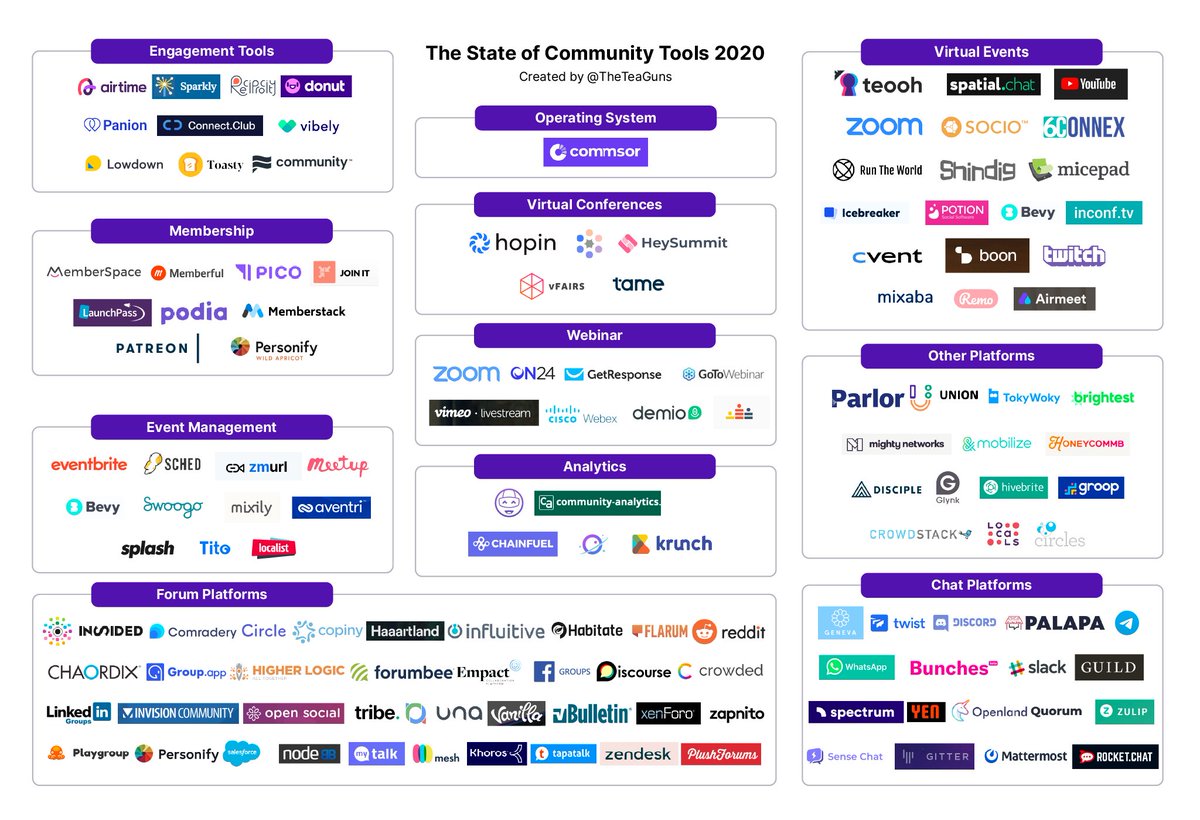theverge.com/2020/6/16/2129…
The parallels are striking between Marx's ideas and the battles playing out today among platforms vs. developers & platforms vs. workers.
But history rhymes, and his work serves as a useful lens for the events and powerful actors of the present.
It is the most cited book in the social sciences published before 1950.
nature.com/news/who-is-th…
The capitalist class—a select number of individuals—controls the means of production (factories, machinery, etc.), and employs workers who make goods.
Capitalism, Marx argues, is inherently exploitative because the capitalist’s lever to extract more profit is to widen that gap: pay workers less than the value of their work.
Even SaaS fees can be seen as a limiting factor for accessing means of production.
abovethecrowd.com/2013/04/18/a-r…
With a growing 1099 economy, income increasingly comes from platforms that decide how much workers get to keep.
UK's Labour Party was formed in 1900 to advocate for workers' rights. What will be the 21st century variant in a platform world?
Since the Industrial Revolution, the advancement of workers’ rights stems from his ideas on the struggle between capital vs. labor.
- The FLSA of 1938 created the 40-hour work week and prohibited child labor
These laws address the evolving limitations of the capitalist mode of production.
Not everyone can own a factory, but everyone can start a blog, launch an e-comm store, etc.
With code, workers can make products that they own and exercise creativity and imagination (an antidote to alienation).
Everyone can now have access to means of production, own their output, do work that's fulfilling, and accrue profits to themselves.
The accessibility of new passion-oriented means of production is outlined in my blog:
a16z.com/2019/10/08/pas…
Individuals can get “de-platformed,” workers can be banned from marketplaces, and platforms like Apple can levy a 30% take rate on in-app purchases and subscriptions.
Apple is a major gatekeeper of the “means of production” if you want to make something that reaches 45% of the US
Developers don’t have to build for Apple: they can sell their software on the internet or on other mobile OSs.
That means platforms are effectively the new limited means of production.
- Uber enabled 1.7Bn trips to be taken in Q1 '20. These are transactions that would not have occurred without the platform
But the perennial question (which harkens back to capital vs. labor) is: how much platforms should take vs. participants? How consistently should rules be applied?
But the struggle between platforms and participants ultimately spills over into consumers’ lives, manifesting in the prices they pay and the services they can access.
(More on how new means of production enable non-producers to become producers in my blog 👇) li.substack.com/p/how-the-pass…
In a way, Apple is acting like a government—it enacts a tax. But with the power to govern, there also needs to be transparency around a set of rules and benefits for workers & consumers.



